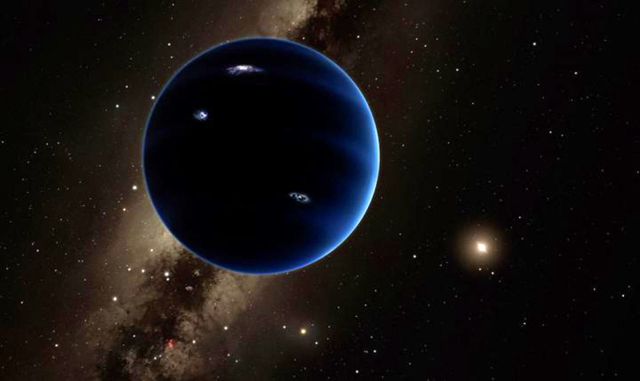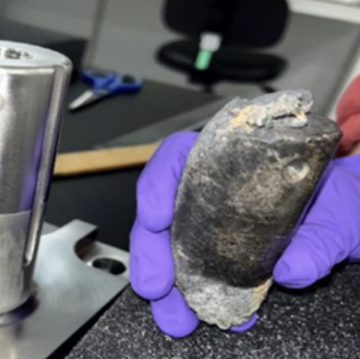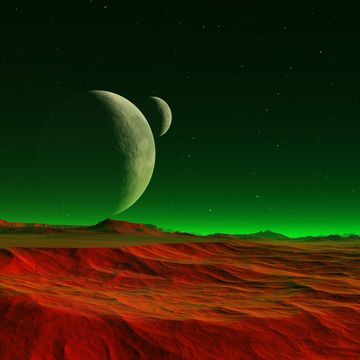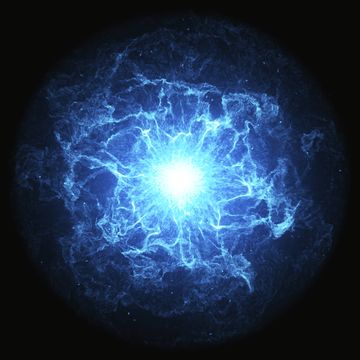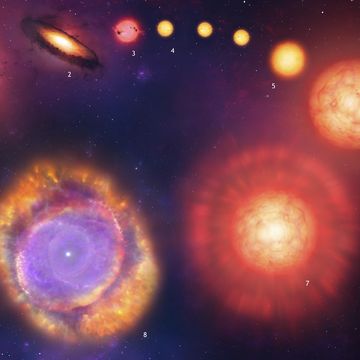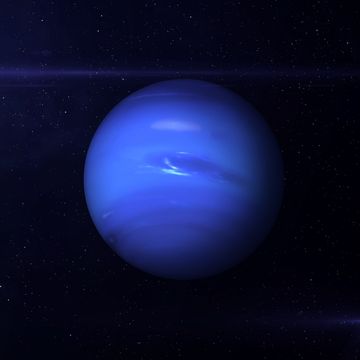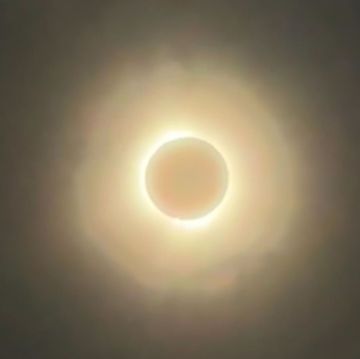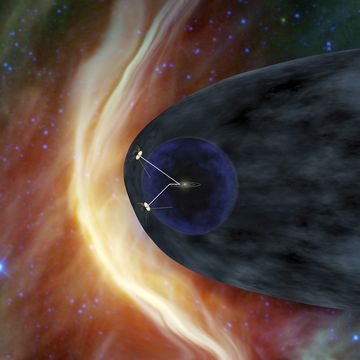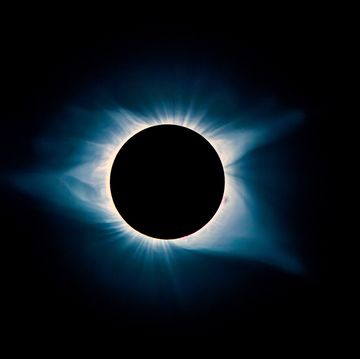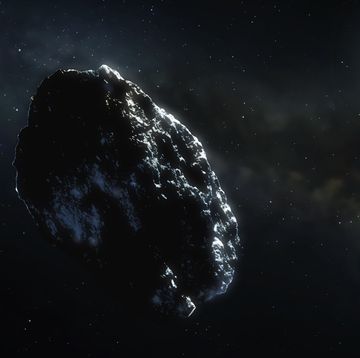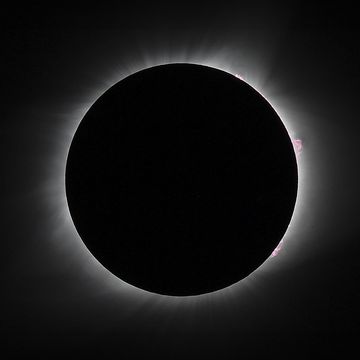Earlier this year, astronomers made a shocking announcement that there may be a ninth planet orbiting in the far reaches of the solar system. Since then, evidence for Planet Nine's existence has continued to mount, and now, a team of researchers have published a paper that argues that Planet Nine may be able to explain why all the planets are crooked.
Astronomers have known for a while that the orbits of all the planets are slightly askew. All the planets orbit in roughly the same plane, but that plane is about 6 degrees off from the plane that the Sun rotates in. Due to conservation of momentum this sort of thing can't happen on its own, so astronomers have suspected that some sort of object entered the solar system a long time ago and messed with all the orbits. Previously, the leading contender was a passing star, but now it looks like Planet Nine is a better fit for this theory.
Planet Nine is a good fit for this theory because its (hypothesized) orbital plane is very different from the other planets. This difference allowed Planet Nine to drag all the other planets off-axis during the solar system's early days.
One consequence of this paper is that if it's right, that means Planet Nine is not native to our solar system. The paper's authors suspect that Planet Nine may have been a rogue exoplanet that our Sun captured. That would explain why its orbit is so different from all the other planets.
If its conclusions are true, this paper also puts some additional constraints on Planet Nine's possible location, making it easier to find. The hunt for Planet Nine may take several years, but at least now we know where to look.
Source: arXiv via New Scientist
